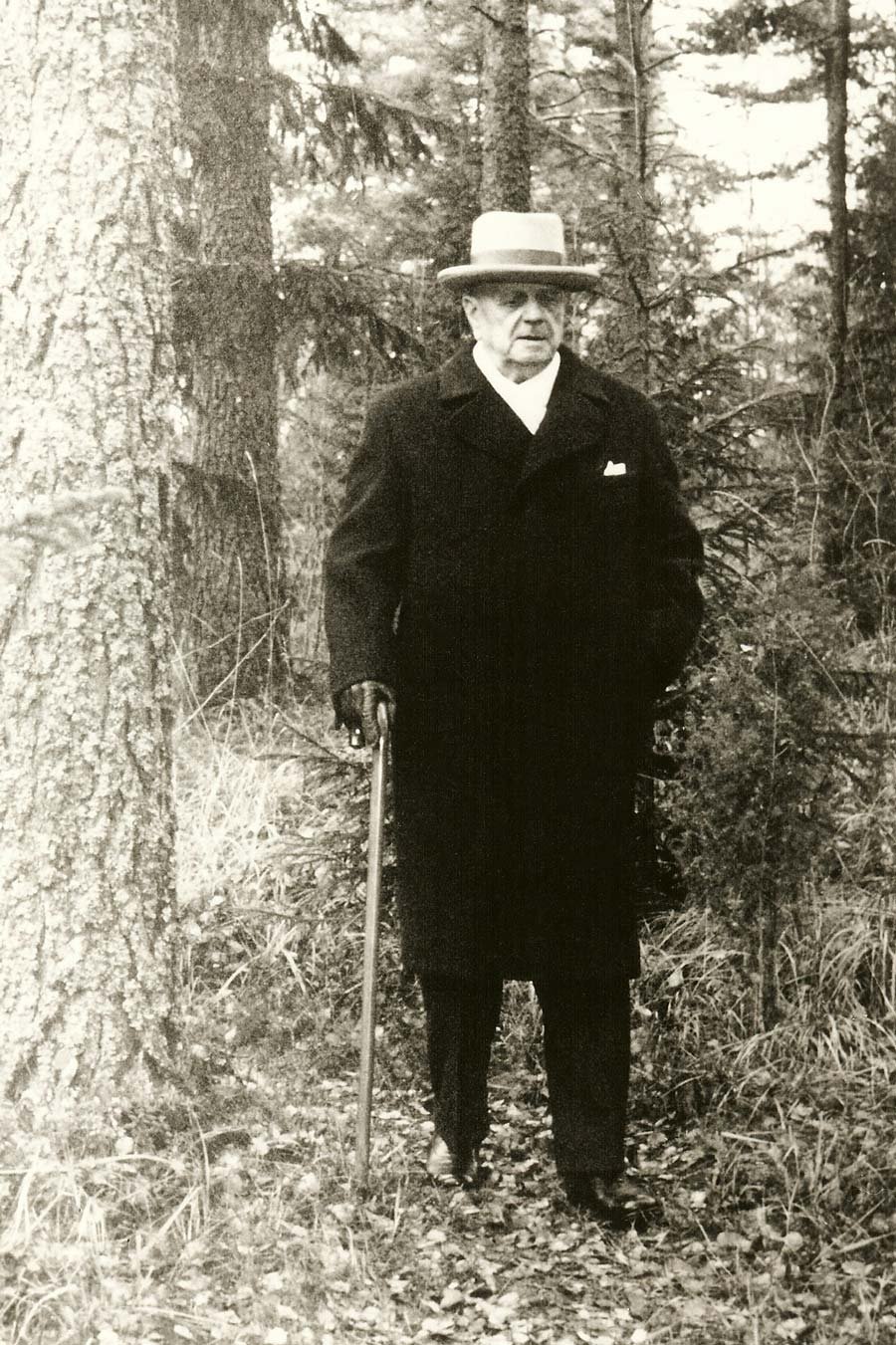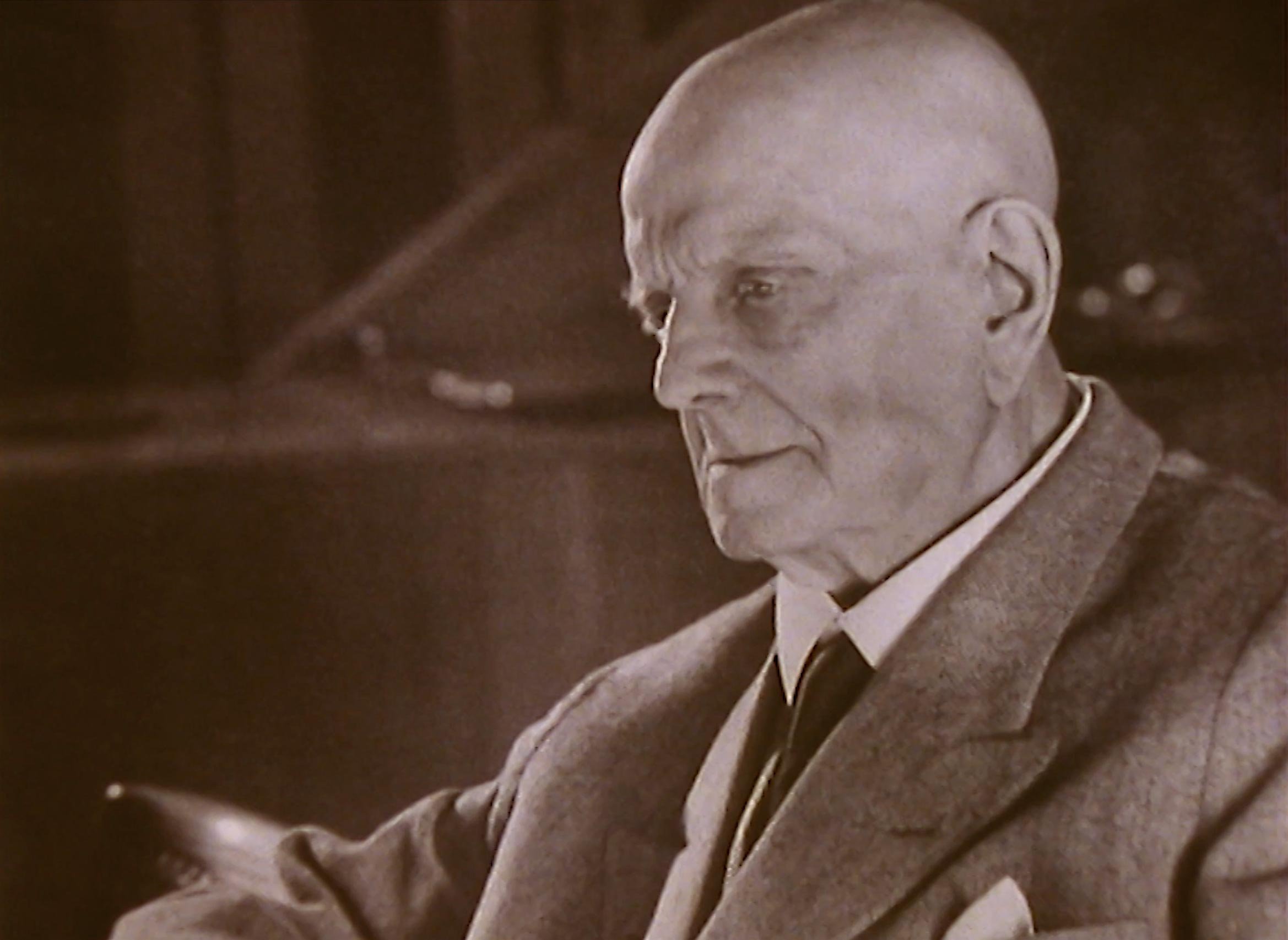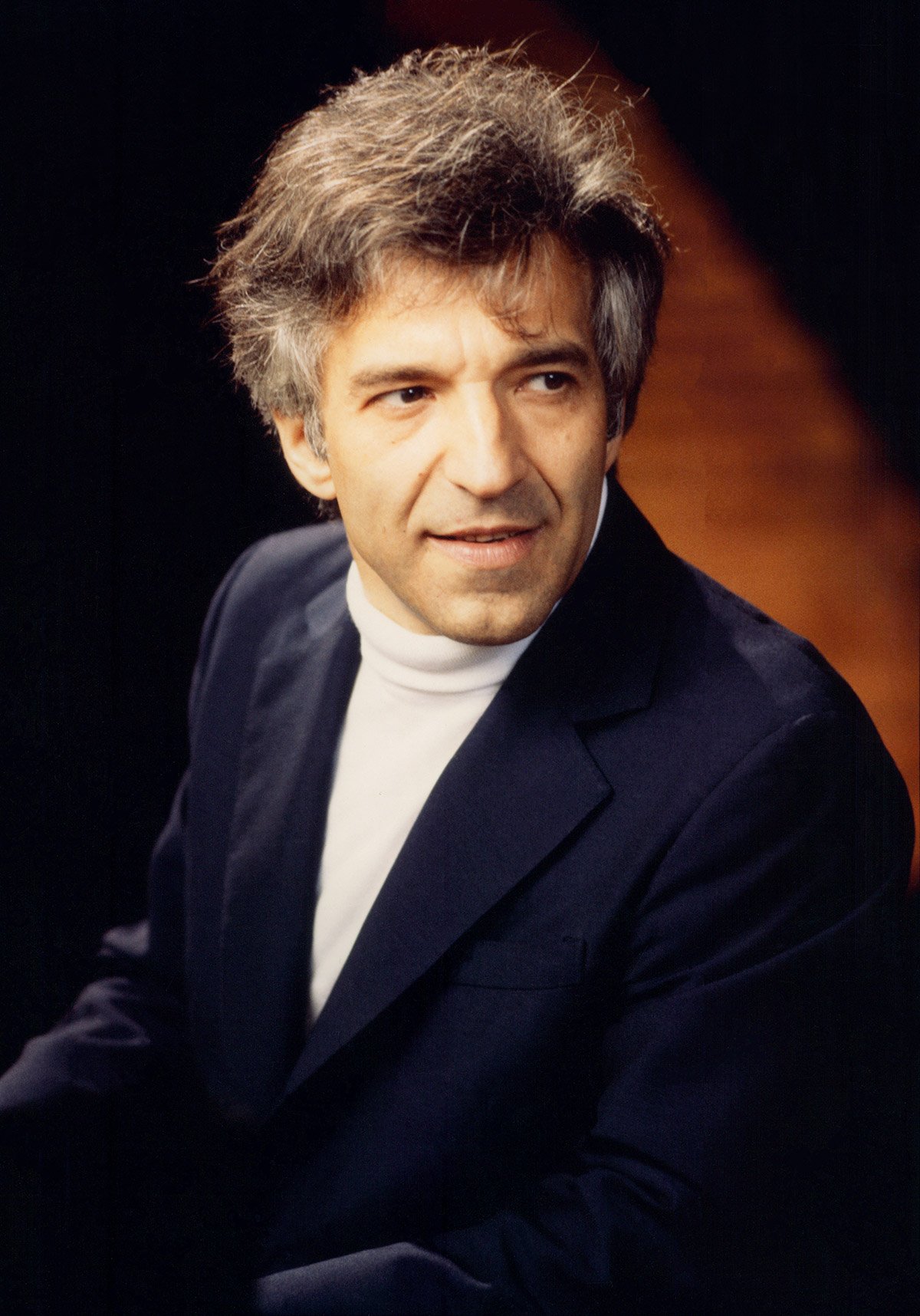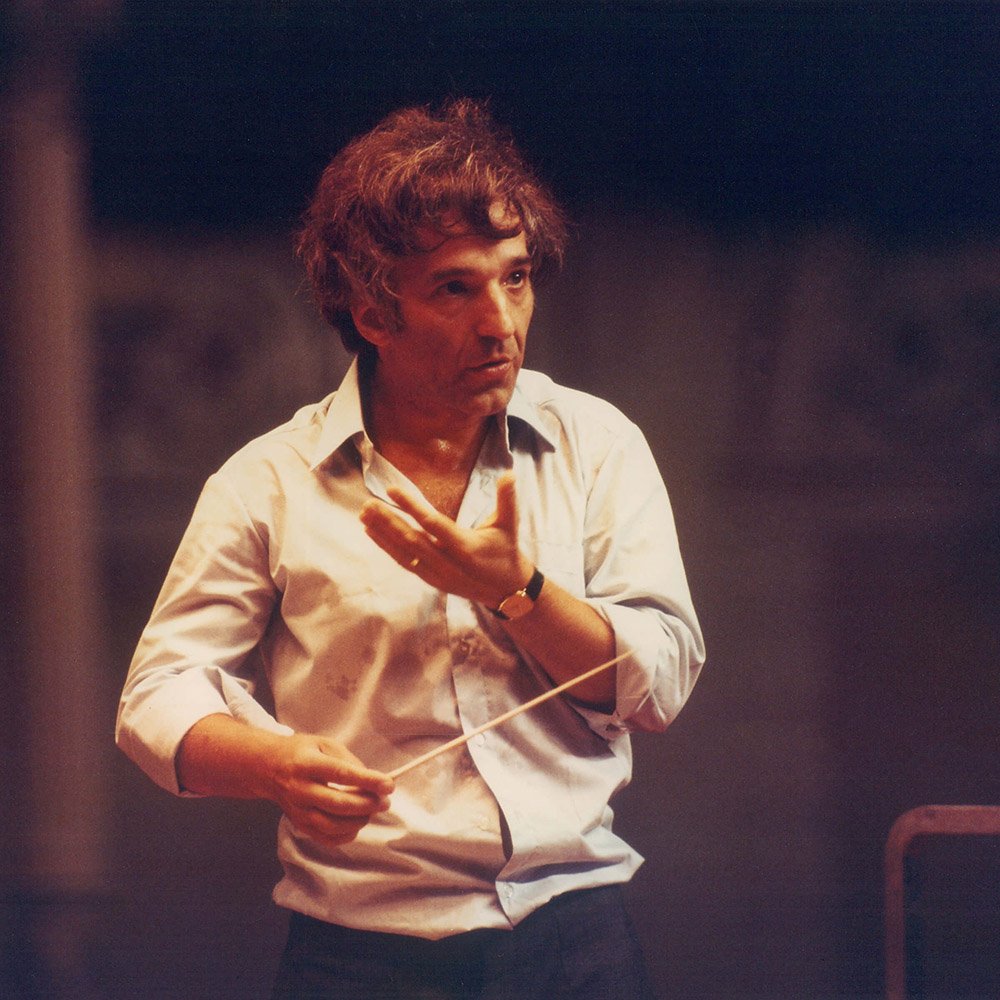
Info:
Durations:
The Early Years - 52’ 31”
Maturity & Silence - 50’ 34”
Narrated by Christopher Nupen
Year of production: 1984
Contributors include:
Vladimir Ashkenzy / Swedish Radio Symphony Orchestra / Elisabeth Söderström / Boris Belkin
Awards:
Winner of Silver Medal at New York Festival, 1984
Special Jury Prize: Banff Television Festival, 1985
This is an intimate account, using Sibelius’s music and words, of a great artist’s struggle with his medium, with the world and with himself. The film also sets out to try and free Sibelius’s reputation from some of the unnecessary encrustations of history.
At the peak of his career Sibelius was hailed by almost every leading critic and composer in England as the greatest symphonist of the twentieth century. In addition, a survey by the New York Philharmonic Society in 1935 showed his music to be more popular with their concert-goers than that of any other composer in history; a degree of recognition in his own lifetime unequalled in Western music.
By the mid-1950's however, critics in England, and to a lesser extent in the United States, had reacted against the effusions of their forebears and relegated Sibelius to a position of minor importance. Views are changing again, and the time is right for a re-assessment of Sibelius’s work.
The film is made in the belief that if it is approached with a measure of understanding, Sibelius’s music offers rewards on the level of the greatest Masters in Western music, and it is made in the hope of contributing something towards that understanding.
Interviewed in 1984, Christopher Nupen (the director) said, “This is not a film about his life, it is not a film about what he did or where he went, but it is an attempt at a film about what he was trying to say to us, what he was trying to express in his music and the level of his aspirations. There is one sentence that I use several times in the film, he says – I feel the compulsion. The compulsion to write what is ultimately and forever right. Now, that means something that will speak to people now and always”.
-
In the words of Donald MacLeod, host of BBC3’s Composer of the Week, “I’ve always had a particularly soft spot for the Sibelius films, I thought they were absolutely wonderful – masterpieces really. I mean if you had never heard a note of Sibelius’s music, I really feel that they would give you a fantastic understanding of what made him tick, of what he was trying to do and a wonderful sense of the poetry of the man responding to the landscape around him. It’s incredibly beautiful but absolutely true to the subject. He captures, absolutely, the essence of the man, with an extraordinary humanity”.
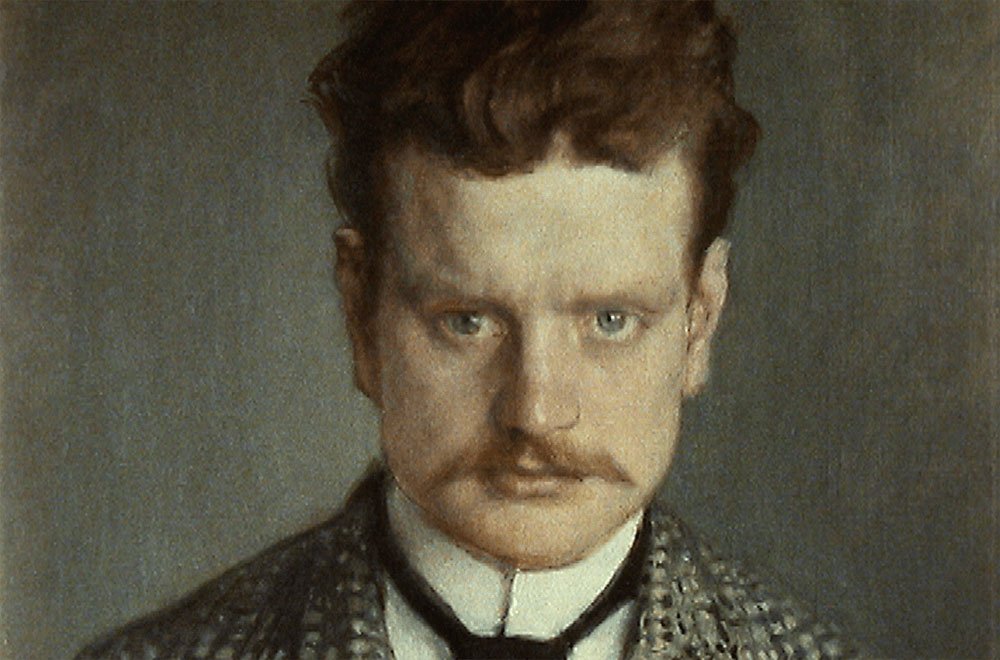
Our Films on DVD
